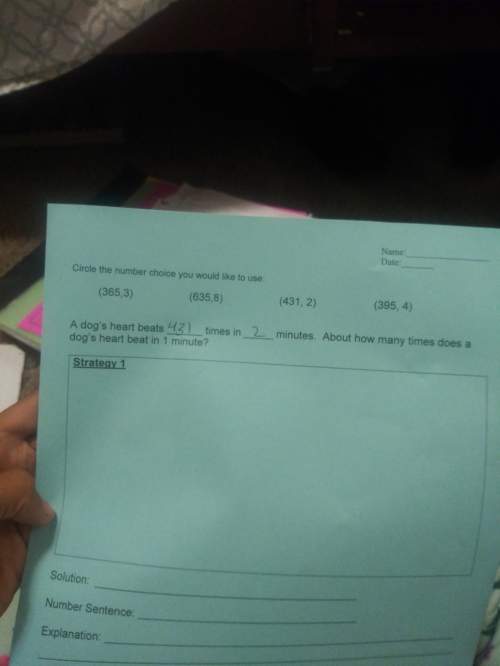
Physics, 04.11.2019 23:31 tawna6988owtjg6
On moving upward through the atmosphere, the pressure will decrease. if we assume that the temperature of −178 ∘c does not change or fluctuate, what phase change would you expect to see as we move away from the surface?
check all that apply.
__vaporization
__condensation
__melting
__freezing
__deposition
__sublimation

Answers: 1


Another question on Physics

Physics, 21.06.2019 21:00
50 g of ice at 0°c is dropped in a beaker containing 100 g of water at 0°c. what will be the contents of the beaker after 5 hours? assume that the room temperature is 0°c.
Answers: 1

Physics, 22.06.2019 07:00
What type of relationship exists between the length of a wire and the resistance, if all other factors remain the same? o a. resistance is directly related to length. ob. resistance is directly related to the square of the length. c. resistance is inversely related to the length. d. resistance is inversely related to the square of the length. reset next
Answers: 1

Physics, 22.06.2019 08:20
At an oceanside nuclear power plant, seawater is used as part of the cooling system. this raises the temperature of the water that is discharged back into the ocean. the amount that the water temperature is raised has a uniform distribution over the interval from 10° to 25° c. what is the standard deviation of the temperature increase?
Answers: 1

Physics, 22.06.2019 09:00
One form of energy can be another type of energy. a. created to form b. transformed into c. destroyed and then created to form
Answers: 1
You know the right answer?
On moving upward through the atmosphere, the pressure will decrease. if we assume that the temperatu...
Questions

Computers and Technology, 31.03.2021 14:50

English, 31.03.2021 14:50

Mathematics, 31.03.2021 14:50


Chemistry, 31.03.2021 14:50

Mathematics, 31.03.2021 14:50





Social Studies, 31.03.2021 14:50

Business, 31.03.2021 14:50


Mathematics, 31.03.2021 14:50



Mathematics, 31.03.2021 14:50



Mathematics, 31.03.2021 14:50




